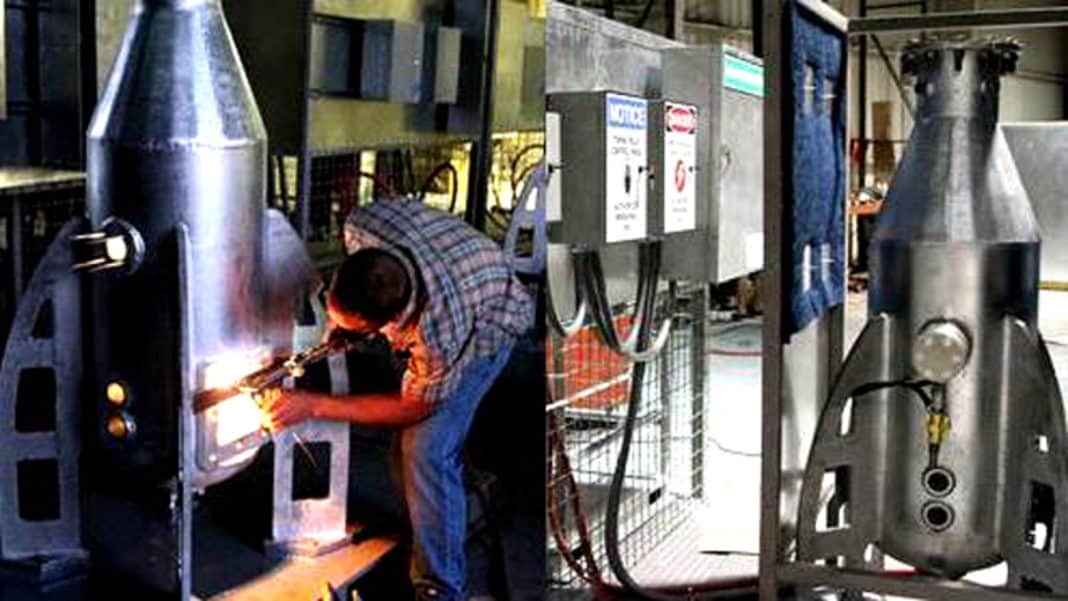THE Júcar Confederation has begun proceedings following complaints about the abundance of cases in which the climate is altered.
The recurring problem of the sonic cannons – that break up storms – is being investigated as a result of reports and complaints from residents of several municipalities, in Castellón, Valencia and Tarragona.
The news was revealed by Compromís Senator Carles Mulet, with the Júcar Hydrographic Confederation (CHJ) opening proceedings to determine if the practice – with which hail is dissolved to prevent damage to agriculture – does not comply with the law.
Only the Ministry of Ecological Transition and Demographic Challenge can carry out this type of operation or authorise companies or individuals.
In the parliamentary response of the Executive of Pedro Sánchez to Senator Mulet, it was found that there were no permits granted and the Water Law stipulates that the hydrological cycle or the atmospheric phase cannot be artificially modified.
The Compromís representative has announced that he will carry out monitoring of these proceedings, of which he has requested more information, in addition to urging the Civil Guard Seprona to act and possible irregularities to be reported to the courts, before the proliferation of cases.
The CHJ investigation focuses at present on the municipalities of Gavarda, Valencia, and San Rafael del Riu in Castellón. Until now, along with the possible meteorological and climate change repercussions, due to possible droughts or torrential rains, registered last year in Càlig and Vinaròs, or hailstorms in Benicarló, the main reported annoyances arose from noise.
Blasts of acetylene gas and air must be started approximately 15 minutes before a storm begins, then repeated, at times for hours, becoming unbearable for residents in the area.
Senator Mulet has also demanded the facilities detected from where this technology is used be directly dismantled, citing no authorisations for use granted by Government.





